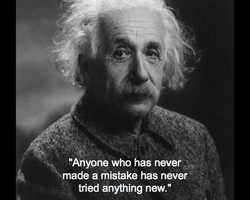Make sure not to double count!
Probability
Level
2
 Of the numbers 1, 2, 3, . . . , 6000, how many are not multiples of 2, 3 or 5?
Of the numbers 1, 2, 3, . . . , 6000, how many are not multiples of 2, 3 or 5?
The answer is 1600.
This section requires Javascript.
You are seeing this because something didn't load right. We suggest you, (a) try
refreshing the page, (b) enabling javascript if it is disabled on your browser and,
finally, (c)
loading the
non-javascript version of this page
. We're sorry about the hassle.
Let's call the set of multiples of n as n i .
Let X be the set of numbers 1 , 2 , 3 , . . . , 6 0 0 0 .
Then what we want to find is actually " A − 2 i ∪ 3 i ∪ 5 i "
We know that n ( A ∪ B ∪ C ) = n ( A ) + n ( B ) + n ( C ) − n ( A ∩ B ) − n ( A ∩ C ) − n ( B ∩ C ) + n ( A ∩ B ∩ C )
Here , n ( A ) = n ( 2 i ) = 3 0 0 0 ,
n ( B ) = n ( 3 i ) = 2 0 0 0 ,
n ( C ) = n ( 5 i ) = 1 2 0 0 ,
n ( A ∩ B ) = n ( 6 i ) = 1 0 0 0 ,
n ( B ∩ C ) = n ( 1 5 i ) = 4 0 0 ,
n ( A ∩ C ) = n ( 1 0 i ) = 6 0 0
n ( A ∩ B ∩ C ) = n ( 3 0 i ) = 2 0 0
Thus n ( 2 i ∪ 3 i ∪ 5 i ) = 2 0 0 0 + 3 0 0 0 + 1 2 0 0 − 1 0 0 0 − 4 0 0 − 6 0 0 + 2 0 0 = 4 4 0 0
Hence the answer is n ( X ) − n ( A ∪ B ∪ C ) = 6 0 0 0 − 4 4 0 0 = 1 6 0 0